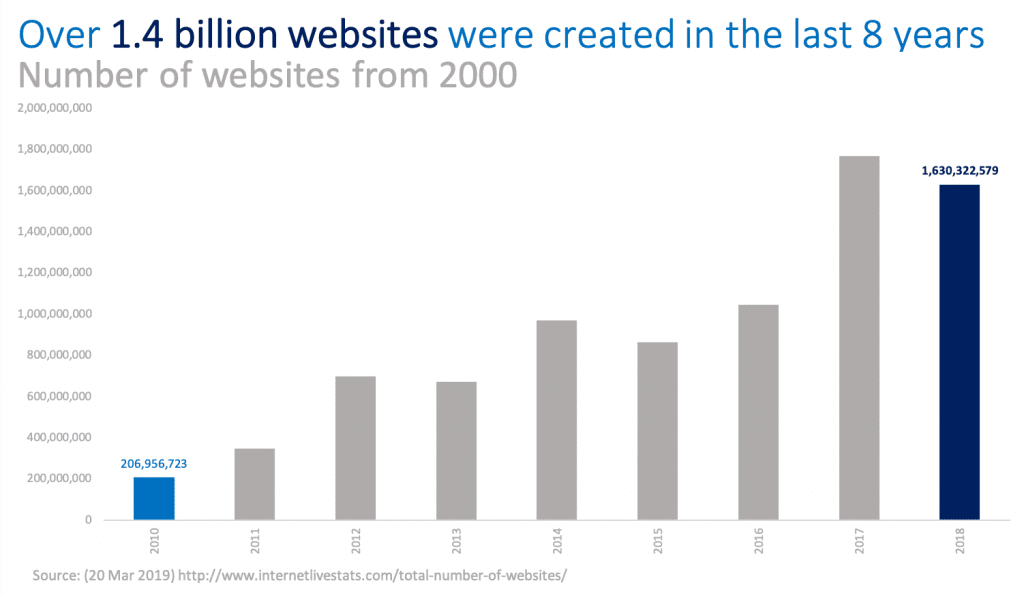One of the common misconceptions about SEO I often hear from business owners is they think they can rank on search engines without creating content.
It’s already 2020 — and let me say put an end to that myth right now.
SEO is one of the fastest changing aspects in digital marketing. Therefore, you have to keep up with the changes if you want your website to rank on page 1 of search engines like Google.
Still don’t believe me? Ask yourself this question, “Without content, what would you rank for in the first place?”
SEO Myths You Should Stop Believing in 2020
In the early days, when search engines first started, your website can rank on them easily because of two simple facts: (1) the way search engines rank websites were straightforward, and (2) there were little to no competition.
So, by simply adding the “right keyword” to your website, you will get to the first page rather quickly.
But things have changed.
A lot.
Myth 1: Search engine algorithms have changed (and is changing)
These algorithms (the way search engines rank content) have become sophisticated. According to Neil Patel, Google alone considers over 200 factors when it comes to ranking your website.
And rightfully so.
Because this leads to better user experience.
Before, you can just put keywords on a page, even if it’s not related, and you can still rank for them. For example, I type this in Google: “what will marketing look like in 10 years?” Then, I’ll see results on the first page about the future of technology or even recipes about chicken barbecue.
See how that would be very frustrating for me as a user?
And that’s what Google (and all other search engines) are trying to avoid. They want users to have a great experience.
When it comes to search engines, people want answers to their questions.
So, that’s what they aim to deliver. That’s why these 200+ factors are never fully disclosed to the public, nor are they constant.
For example, in 2018, Google mentioned that mobile-responsive websites are prioritized on mobile searches since it delivers a better user experience.
So, the only way for you to rank on Google and provide users the great experience is to create content that answers your customers’ problems.
Myth #2: I just create a website and it will rank on page one
Did you know that there are over 1.5 billion websites today?
And ~1.4 billion of those aren’t even a decade old.

What does this mean for you?
If you’re just starting out, that means you have a lot of work to do.
It also means you probably have a lot of competition in whatever industry you’re in.
So, don’t delay and start creating content today.
Content is Necessary to Rank on Search Engines
I’ve been doing digital marketing for almost a decade now. I learned from the beginning that content is what will help me rank on search engines. That’s why I always emphasize content creation and distribution to all my clients (and the companies I’ve worked for).
In the last three years or so, I noticed a disconnect.
Business owners keep saying they want to rank on search engines, but are unwilling to do the necessary work.
I’m attributing this to the popularity of social media. But social media is very misleading.
It’s very easy to spend for likes and followers. So, follower count isn’t a real metric you should be looking at. That’s why they are called vanity metrics.
What should you look at instead? Well, that depends on your business.
But here’s a list of metrics you should be tracking. If you’re not tracking them, or if your marketing efforts aren’t helping you with those metrics, it’s time to evaluate what you’re doing online.
Over to You
From my experience, it’s not necessary to distinguish between content marketing and SEO. To me, it’s the same thing.
You create content and apply SEO best practices all at the same time. No matter how much you “optimize” your website, if you aren’t creating new content, you will never rank on Google’s first page.